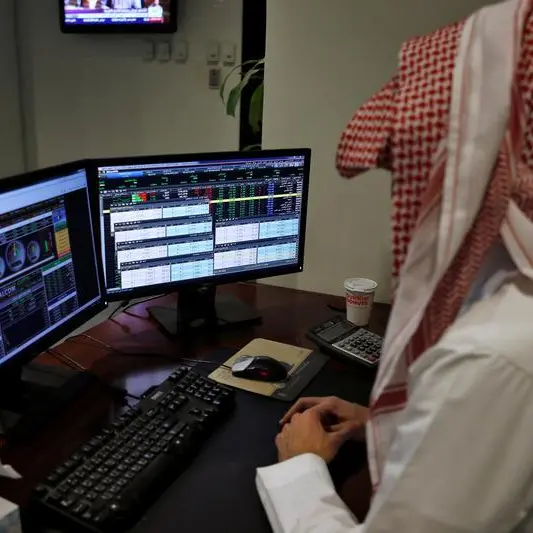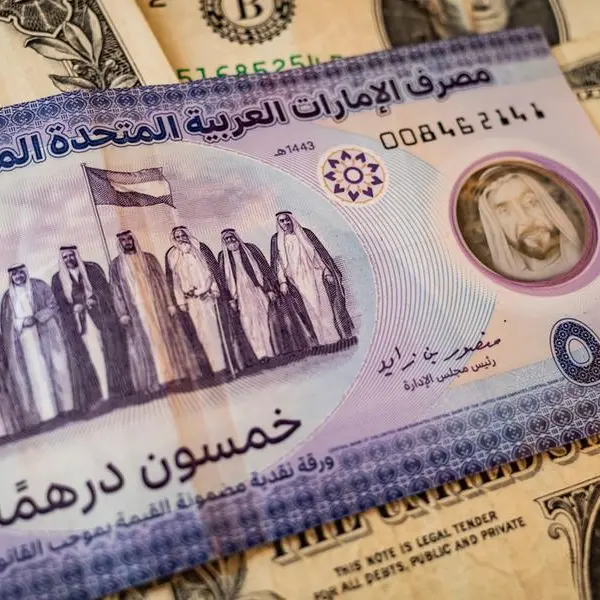PHOTO
Surging inflation and the Russian invasion of Ukraine have prompted sovereign investors to reposition their asset allocation. They now favor private markets over fixed income and equities, and among geographies, prefer the US and the Asia Pacific over Europe, a new report showed.
According to the latest Invesco Global Sovereign Asset Management Study, while global sovereigns’ fixed income allocations have declined steadily in recent years, they are no longer being redirected to listed equities. Instead, they are going to private market alternatives, notably real estate, private equity and infrastructure.
In the Middle East, most (82%) respondents agree that real assets are effective hedges against inflation and higher yields, the report said.
Zainab Faisal Kufaishi, Head of the Middle East and Africa, and Senior Executive at Invesco said: “While there are some concerns about deal flow and supply driving valuations higher, private markets remain attractive to long-term investors in the region because they provide a long-duration play and shelter from volatility.”
Interest in private assets looks set to continue, with 50% of sovereign wealth funds in the Middle East citing an intention to increase allocations to private equity, 20% to real estate and 20% to infrastructure over the next 12 months, the report said.
Moving away from Europe
In terms of geographies, while many sovereign investors in early 2020 saw good value in Europe, especially when compared to the US, the sentiment changed after Russia invaded Ukraine. Now, developed Europe and Emerging Europe are the geographies to which sovereign investors are most likely to decrease exposure.
According to Invesco’s study 40% of Middle East sovereigns plan to reduce allocations to developed Europe and 30% to Emerging Europe over the next 12 months.
Regional respondents are most likely to increase exposure to North America (70%), the Middle East (40%), and Emerging Asia-Pacific (40%).
While earlier there was high levels of sovereigns' capital flows into China, this year however, 52% of sovereigns said that China was a more challenging place to invest than last year, with regulatory risk and government interventions in certain sectors such as technology viewed as having an impact on asset prices.
Digital assets
Invesco's study also showed that most sovereign funds do not yet see digital assets as investable. Just 7% of global sovereign investors have any exposure to digital assets, and much of this is through investments in underlying blockchain companies.
For Middle East funds volatility (78%), regulatory pressure (78%) and transparency (67%) are the most common concerns among Middle East sovereigns. Just 20% thought that digital assets have a role in asset allocation as a diversifier.
A majority of them (70%), believed that there is more interest in investing in companies involved in the infrastructure behind digital assets as the largest growth opportunity than the digital assets themselves.
The report is based on a study of the views of chief investment officers, heads of asset classes and senior portfolio strategists at sovereign wealth funds and central banks around the globe, who together manage $23 trillion in assets.
(Reporting by Brinda Darasha; editing by Daniel Luiz)





















